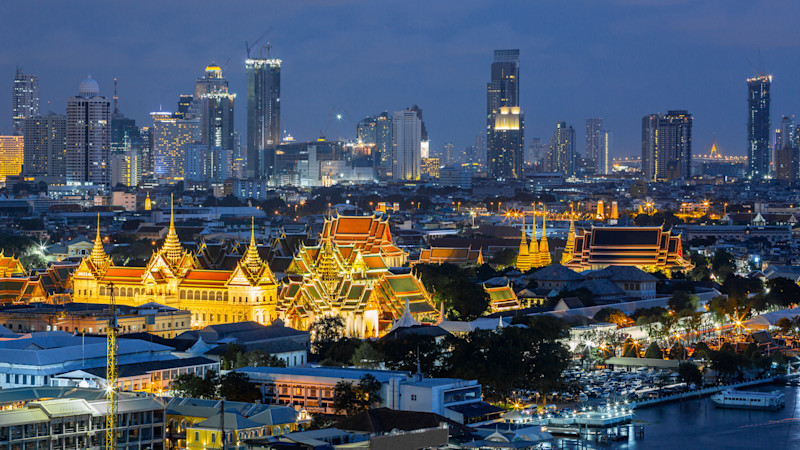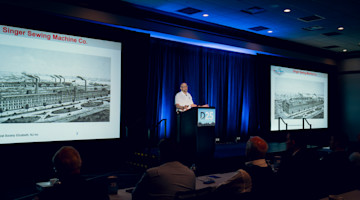The October regional report noted that business sentiment improved significantly following the Trump administration’s announcement of tariff agreements. Overall, GDP projections for 2025 support this, with growth expected across all major machine tool–importing countries in Southeast Asia. This is particularly meaningful, given that manufacturing represents more than 20% of GDP in their respective economies. Furthermore, regional consensus forecasts are for healthy growth in 2026, with an average growth rate of 4% across Asia.
Country and GDP Forecast 2025
Malaysia: 4.5%
Indonesia: 4.9%
Thailand: 2%
Vietnam: 6.5%
(Source: IMF)
Malaysia
In September 2025, Malaysian automaker Proton, partly owned by China's Geely, launched its first EV assembly plant in Perak's Automotive High-Tech Valley, marking a significant step in Malaysia's electric mobility drive. The facility's $19 million upgrade will produce compact SUVs, with an annual capacity of 20,000 vehicles that can be expanded to 45,000.
Taiwan’s ASE (Advanced Semiconductor Engineering) launched its fifth plant in Penang, Malaysia, earlier this year to expand advanced semiconductor packaging and testing capacity. The project represents an investment of about $300 million (approximately 1.4 billion Malaysian ringgit) over five years. Located in the Bayan Lepas Free Industrial Zone, the new facility adds significant manufacturing space, adopts Industry 4.0 automation, and supports Malaysia's growing role in the global semiconductor supply chain.
Machine Vision Products Inc., a leading innovator in automated optical inspection (AOI) technology from the United States, announced an expansion of its global operations with a new strategic manufacturing initiative in Malaysia. The company will begin assembling its flagship automated inspection systems at its regional facility, enhancing its ability to serve Asia's rapidly growing electronics manufacturing market.
Thailand
Foxsemicon, a subsidiary of Taiwan’s Foxconn, is scheduled to open the first phase of its second manufacturing facility in Thailand in the fourth quarter of 2025 as part of its $300 million investment in the country. Foxsemicon produces equipment for the front-end manufacturing process and back-end packaging and testing of semiconductors, including vacuum chambers, subsystem modules, and system assemblies.
In February, Mazda Motor Corp. announced a $150 million investment to make Thailand its manufacturing hub for its electrified compact SUVs. The investment will also upgrade the AutoAlliance and Mazda Powertrain Manufacturing Co., Ltd. plants to produce 100,000 units annually for both domestic and export markets, including Japan and the ASEAN region. It supports Mazda's gradual shift to xEV production and sustainability goals.
Vietnam
Vietnam's Geleximco Group is partnering with Chinese investors to build a $400 million auto parts plant in Thai Binh Province. Construction is slated to begin in 2026, with operations to start by October 2027. The plant will produce key vehicle components, such as engines, motors, chassis, and electronic systems for conventional and electric vehicles.
Nidec Japan is expanding its motor production capacity in Ho Chi Minh City, focusing on electric motors and drive systems. This undisclosed investment targets new and upgraded production lines to meet rising automotive, e-bike, and industrial demand. The expansion emphasizes localizing parts manufacturing, including precision metal cutting for motor housings and rotor components. The upgrades will strengthen Vietnam's supply chain, reducing the country’s reliance on imported parts, and improve efficiency and output quality.
Germany’s Bosch will digitalize, modernize, and further upgrade the capacity of its Vietnam plant, which produces pushbelt systems for continuously variable transmissions. This will expand what is already the Bosch Group’s largest CVT pushbelt plant in the world.
For more information, please contact Mike Lauer at mlauer@AMTonline.org, and to learn how to take advantage of these opportunities, click here.






